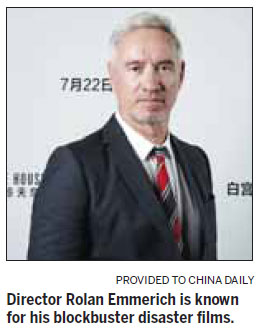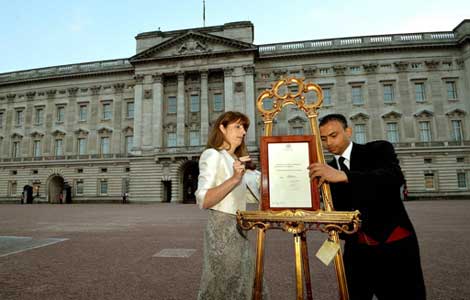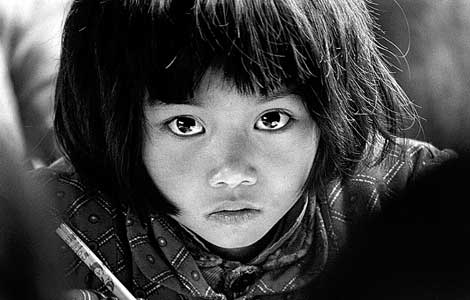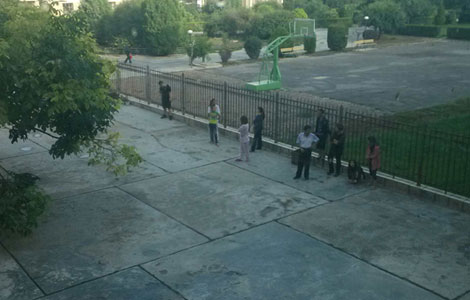Filmmaker says Chinese like good movies set anywhere
Updated: 2013-07-23 07:20
By Liu Wei (China Daily)
|
||||||||
 German director Rolan Emmerich thinks that to change a film's storyline to please Chinese is underestimating the audience in the world's second largest film market.
German director Rolan Emmerich thinks that to change a film's storyline to please Chinese is underestimating the audience in the world's second largest film market.
"I think people should be careful when they change the story only to please the market," he said when promoting his new film White House Down in China recently.
"If they think Chinese people will like the film just because they did that, they are assuming the viewers have bad taste."
China has replaced Japan to become the second-biggest box office territory in 2012, according to the Motion Picture Association of America. Ticket sales reached 10.9 billion yuan ($1.5 billion) by July 1, a 34 percent rise from the same period last year.
In view of the tempting market, some Hollywood studios are working harder to cater to that audience. Iron Man 3, for example, was released in China in a special version featuring local star Fan Bingbing. Brad Pitt's World War Z even changed the source of a plague from China to Russia.
But Emmerich, who has garnered a bigger audience than any other European director in Hollywood, thinks a different way.
"I think films should work for the world," he says. "Directors should be free and just tell good stories and not think too much whether it is good to China or America."
Emmerich is a familiar name to Chinese filmgoers, thanks to The Day After Tomorrow and 2012, both very well-received in the country. The latter was so popular that even a 3-D version of the same content drew more than 2 million viewers.
Part of the reason the films win over audiences here is the intense explosive scenes, many on historic landmarks. White House Down sees Emmerich's second blowing up of the US president's office - the first was in Independence Day.
In The Day After Tomorrow he buried the Statue of Liberty. In 2012 he basically destroyed the world.
But if he follows the path of many Hollywood filmmakers to co-produce a film with China, he will find it difficult to destroy any iconic landmark, especially in major cities such as Beijing and Shanghai. And to damage buildings with political importance is mission impossible.
The 57-year-old is aware of that and does not consider it a big issue.
"Don't mistake me for someone who goes somewhere, walks around and says, 'I will destroy this place.' The plot always comes out of the story and makes the film global."
But during his three trips to China over the years, does any site excite him as a setting for his next disaster film? Emmerich chooses to answer it in a less offensive way.
"It was in Shanghai, I was staying on the Bund, in an Indian suite in the Peace Hotel built in the 1930s, when I looked out toward the opposite side of the Huangpu River. It was like seeing the future of China. What fascinates me about this country is how fast it changes."
White House Down premiered in China on July 22.
liuw@chinadaily.com.cn
(China Daily USA 07/23/2013 page8)
Most Viewed
Editor's Picks

|

|

|

|

|

|
Today's Top News
Germany to probe spy services' ties with US
Snowden hopes to leave airport by Wednesday
Quake in NW China kills 89, injures 700
US blacks, whites split on Zimmerman verdict: poll
Kissinger and Jiang see bright future for relations
China sees no major forex withdrawal: regulator
Business holds up for Minmetals arm
Beijing knife attack leaves one dead
US Weekly

|

|














